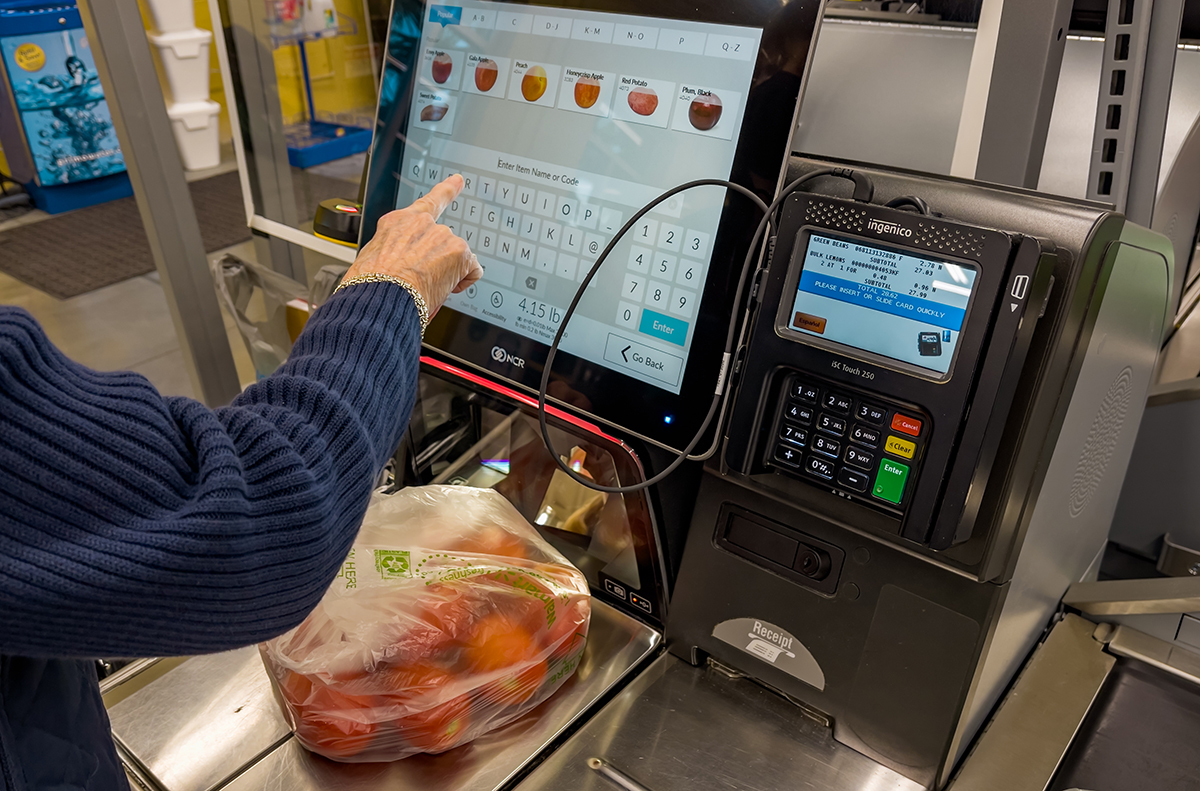By Doug Baker, Vice President, Industry Relations - Private Brands, Technology, Food Marketing Institute
It is a normal part of being human to occasionally wish we had the capacity to stop time so we could better prepare for the situation in which we find ourselves. But aside from “falling back” to Standard Time, when we can physically turn back the clock, we aren’t allowed the luxury of manipulating time. The best we can do is use the moments we can control, which is “now,” to prepare for whatever may befall us. So, whether it’s preparing for mother nature or grieving the loss of life due to violent acts in the workplace, we can take time now to prepare for the worst; so that we are ready to respond with authority and empathy; stabilize our communities; and prompt the recovery process.
This year, FMI created guidelines for asset protection professionals and those charged with business continuity to assist these key personnel in preparing for, responding to, stabilizing and recovering from two distinct and crippling situations: a natural disaster and an active shooter.
When faced with a natural disaster, our primary concerns as an industry remain: protect life; secure property; assist the community; and reopen for business. Identifying a person and/or position focused on business continuity and maintaining focus during a crisis reveals new opportunities for an organized approach to public-private collaboration. Storms remind us that it’s important to prepare when the sun is out. FMI’s crisis management site offers a new Natural Disaster Guide for these blue-sky days.
We learned a great deal working with our members this year through hurricanes Florence and Michael, specifically creating a better relationship with FEMA and coordinating resources and response teams. In an historic development, FMI is now represented as part of FEMA’s strategic plan under the “Food, Shelter, Water” section of FEMA’s industry-wide strategy. FEMA looks to FMI to assume a stronger role in preparing for and responding to catastrophic events.
Our industry is a business about people and community, so when tragedy strikes our stores or warehouses, we feel exponential loss. According to the FBI’s study of Active Shooter Incidents in the United States in 2016 and 2017, there were 50 shootings during this time period that were designated as active shooter incidents, which is more than double the 11.4 average number of incidents the country experienced from 2000 – 2013. With FMI’s Active Shooter Guideline, we’ve consolidated information from both the public and private sector to assist business continuity and crisis teams.
Crisis management professionals know all too well that there’s no time to ask “why” during a crisis or reflect “what-could-have-been” – you just need to act, stabilize and recover. We can’t turn back time, but we can prepare for a better future together.


 Industry Topics address your specific area of expertise with resources, reports, events and more.
Industry Topics address your specific area of expertise with resources, reports, events and more.
 Our Research covers consumer behavior and retail operation benchmarks so you can make informed business decisions.
Our Research covers consumer behavior and retail operation benchmarks so you can make informed business decisions.
 Events and Education including online and in-person help you advance your food retail career.
Events and Education including online and in-person help you advance your food retail career.
 Food Safety training, resources and guidance that help you create a company food safety culture.
Food Safety training, resources and guidance that help you create a company food safety culture.
 Government Affairs work — federal and state — on the latest food industry policy, regulatory and legislative issues.
Government Affairs work — federal and state — on the latest food industry policy, regulatory and legislative issues.
 Get Involved. From industry awards to newsletters and committees, these resources help you take advantage of your membership.
Get Involved. From industry awards to newsletters and committees, these resources help you take advantage of your membership.
 Best practices, guidance documents, infographics, signage and more for the food industry on the COVID-19 pandemic.
Best practices, guidance documents, infographics, signage and more for the food industry on the COVID-19 pandemic.
